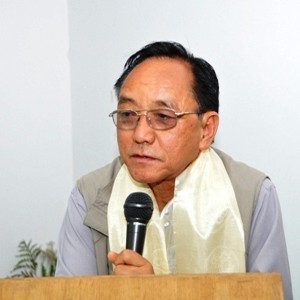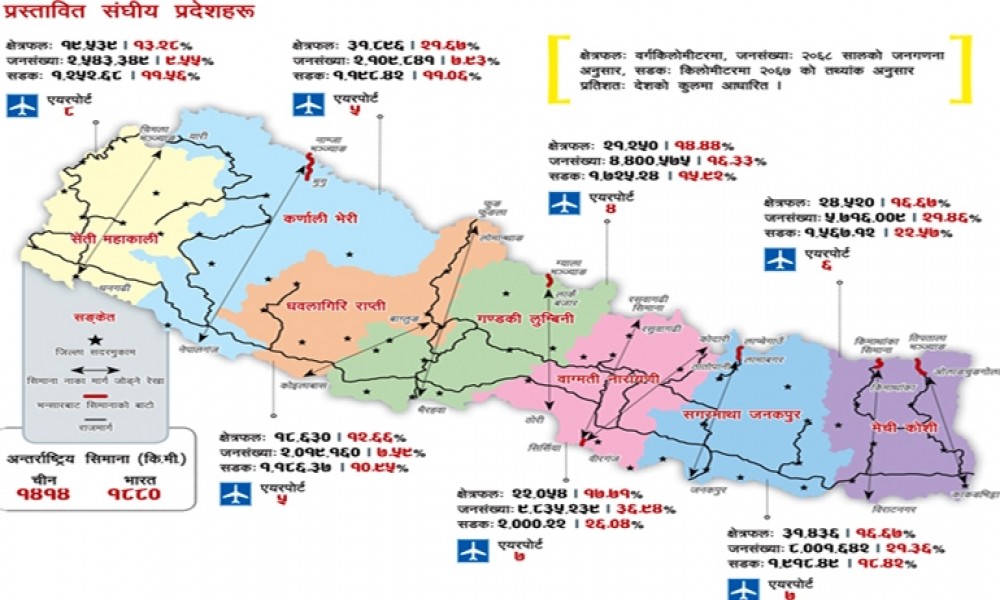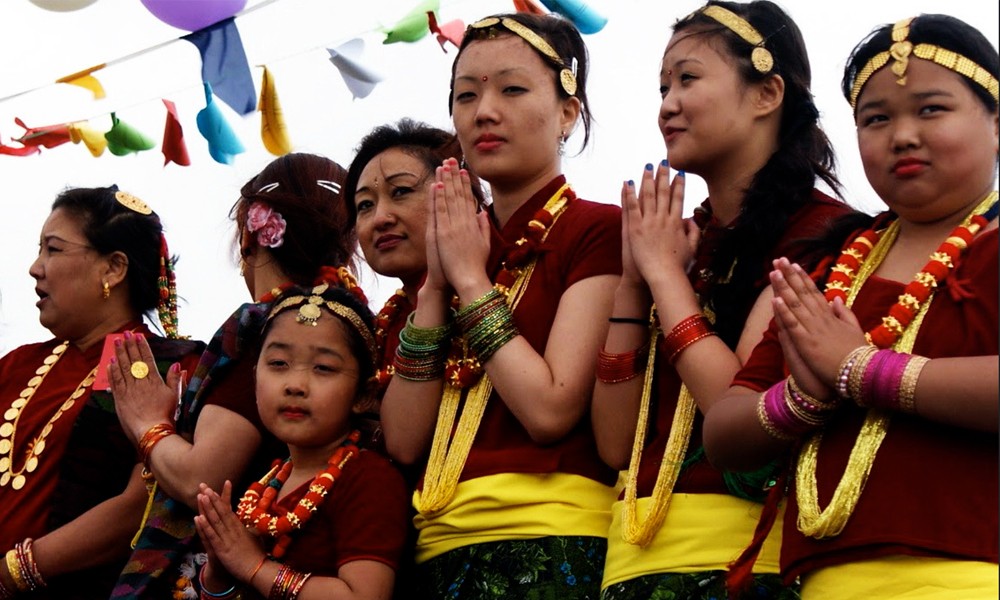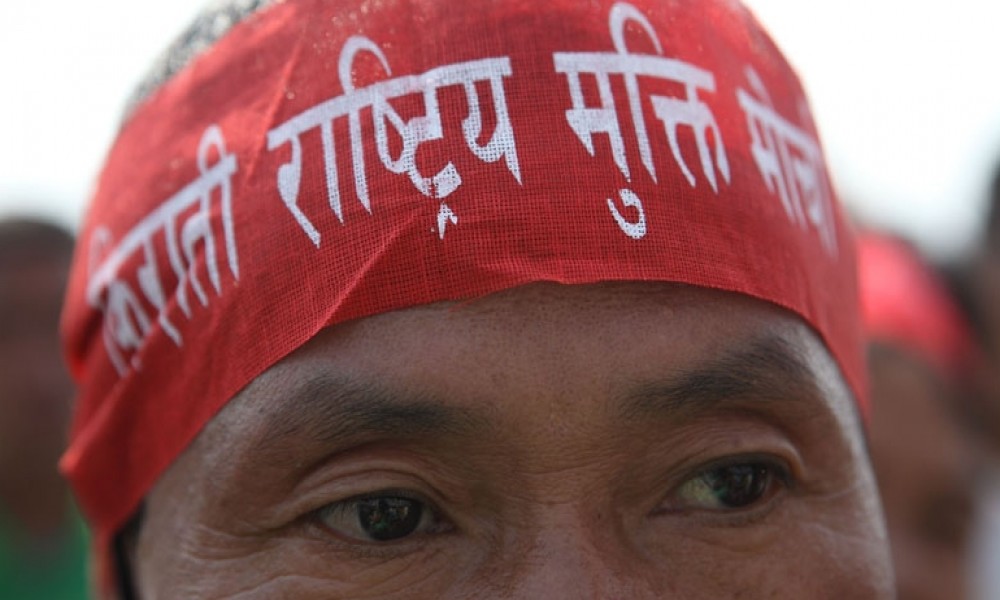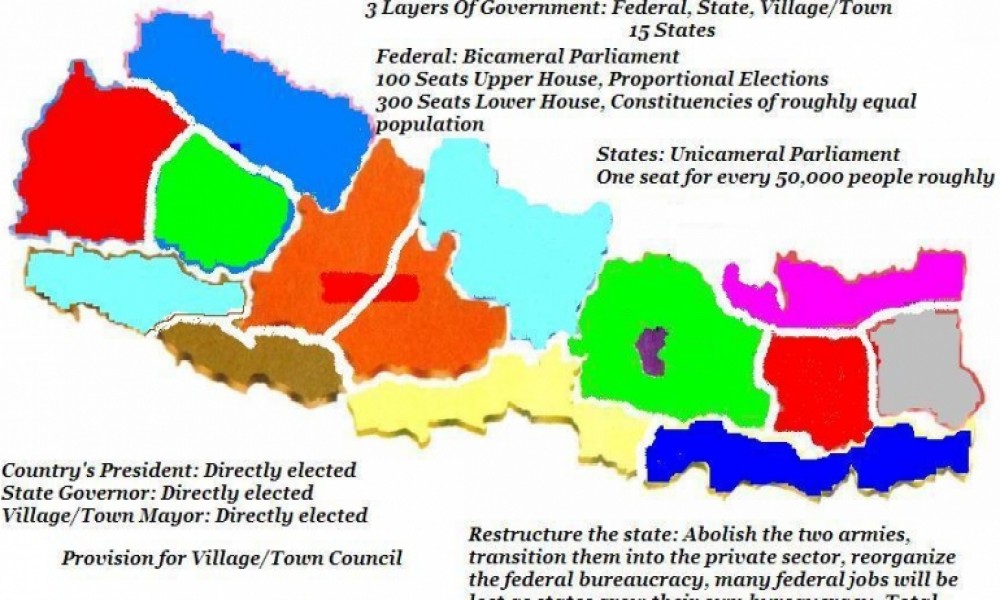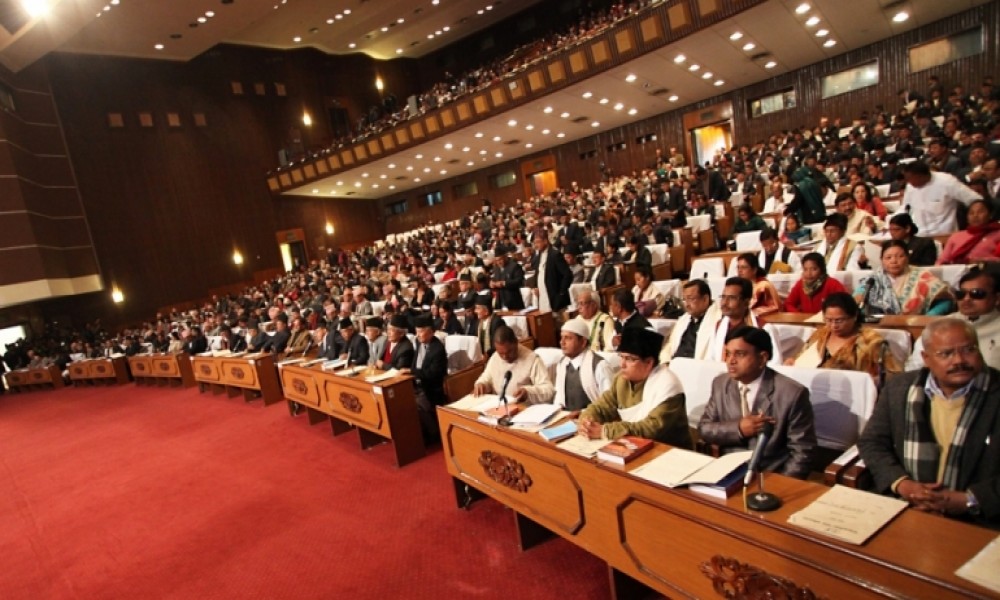As Indigenous Peoples struggle for their ethnic identity based federalism, ruling parties, the NC and the UML, appear hell-bent on federating the country on the basis of geographical landmarks like river and mountain. We call it administrative federalism, which cannot be alternative to ethic identity based federalism. Administrative federalism is in no way different from dividing the country into five development regions.
Administrative federalism cannot address grievances of Indigenous Peoples. So, probability of conflict will always be there. The harder the state suppresses political aspirations of Indigenous Peoples, the more costly the consequences will be. Indigenous Peoples have already woken up and they are not going to sleep again. They will struggle endlessly until their rights are ensured through ethnic identity based federalism. If one generation fails, another general will carry on the fight. The state will not be able to sabotage the struggle of Indigenous Peoples.
Administrative federalism cannot address grievances of Indigenous Peoples. So, probability of conflict will always be there. The harder the state suppresses political aspirations of Indigenous Peoples, the more costly the consequences will be. Indigenous Peoples have already woken up and they are not going to sleep again. They will struggle endlessly until their rights are ensured through ethnic identity based federalism. If one generation fails, another general will carry on the fight. The state will not be able to sabotage the struggle of Indigenous Peoples.
Look around the world. The state has not been able to suppress political aspirations of people anywhere in the world. When the state suppresses, people become more determined and stronger. In many countries, ethnic communities have gone on to demand and eventually establish separate countries after being suppressed by the state. No matter how difficult the national and international political situation would be, those fighting for their rights have always succeeded. We do not need to go too far. Let us take the example of Jharkhanda. People of Jharkhanda demanded their own autonomous province out of Bihar in 1935. But, they fought for it for decades. They finally succeeded in establishing Jharkhanda state only some years ago. It takes time to realize people's dreams, fulfill their rights. But, they will eventually succeed. There is no doubt about it.
In the West, issue of autonomy and federalism is not a big deal. It is often sorted out in a democratic way. In our context, the rulers do not want to hear about it. They try their best not to lose their power to the suppressed communities. Unlike in our country, people do not see identity as a divisive issue in the West. In fact, it is the century of struggle for identity. Issues of class conflict are now fast disappearing. Issues of ethnicity, conflict over ethnic identity and civilization are reshaping the global politics. A new country is being born in every six months. Large countries are breaking into smaller countries. So, it would not be a wise idea on the part of the rulers to believe that they can suppress aspirations of the suppressed communities for ever. They will have to concede their defeat sooner rather than later in a small-yet-ethnically diverse country like ours.


